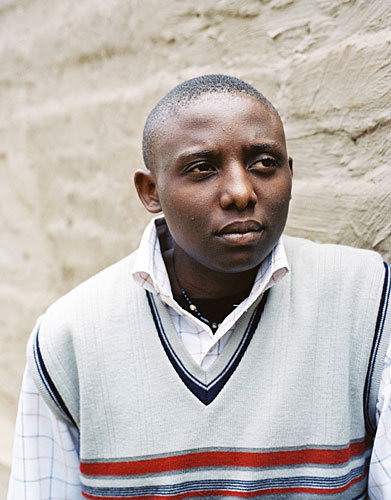I'm sharing the remarks I gave at the MA Women United Against the War on Women rally in Boston (in poem-ish form). I found myself thinking about the concept of "unity," and the fact that so many women of color, immigrants, transgender women etc are often left out of mainstream…
Afrofeminism - Blog - Creative Corner - Gender and LGBT Issues - Movement-Building - Poetry - Race, Culture, Ethnicity - Thought Leadership

